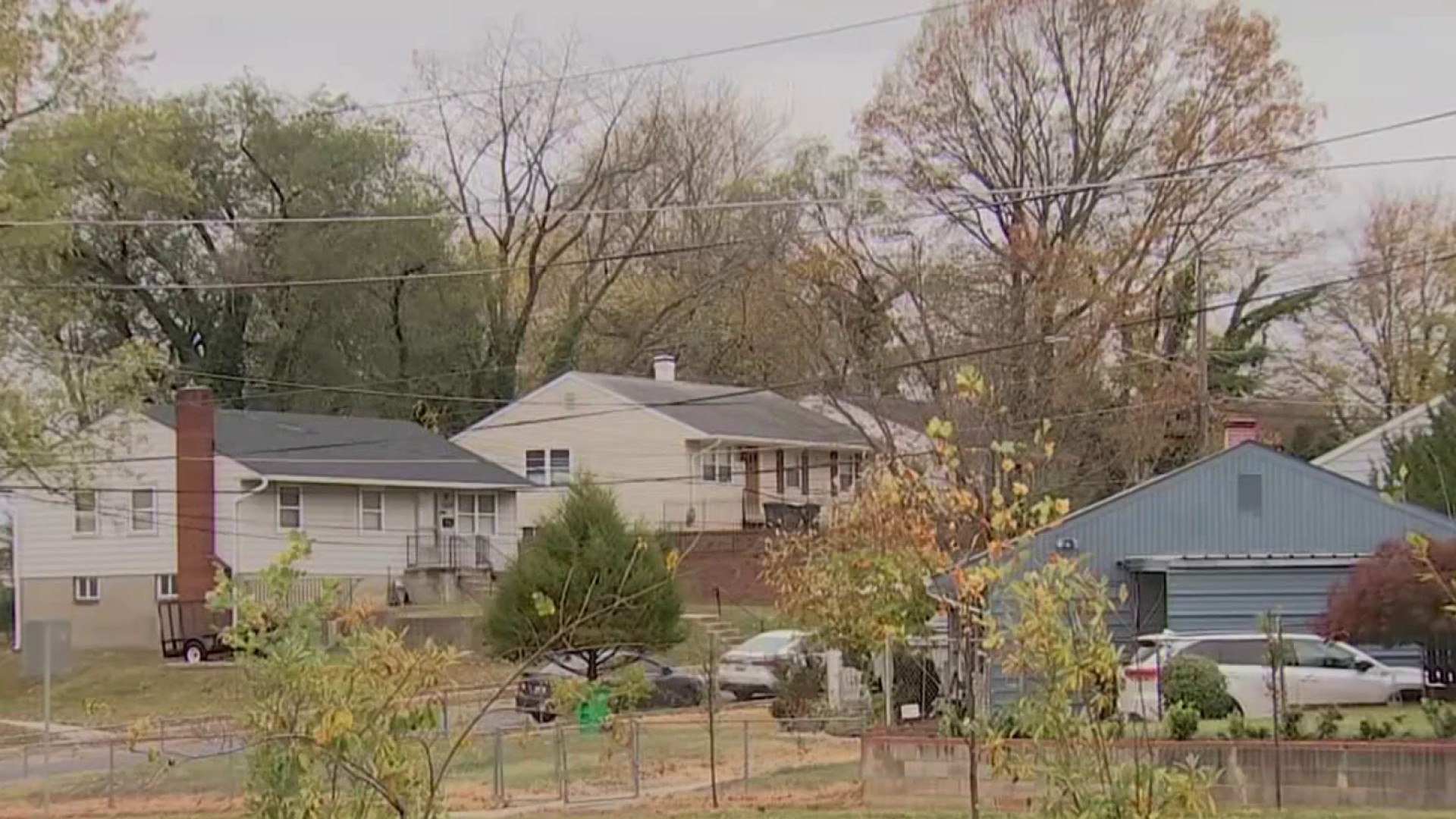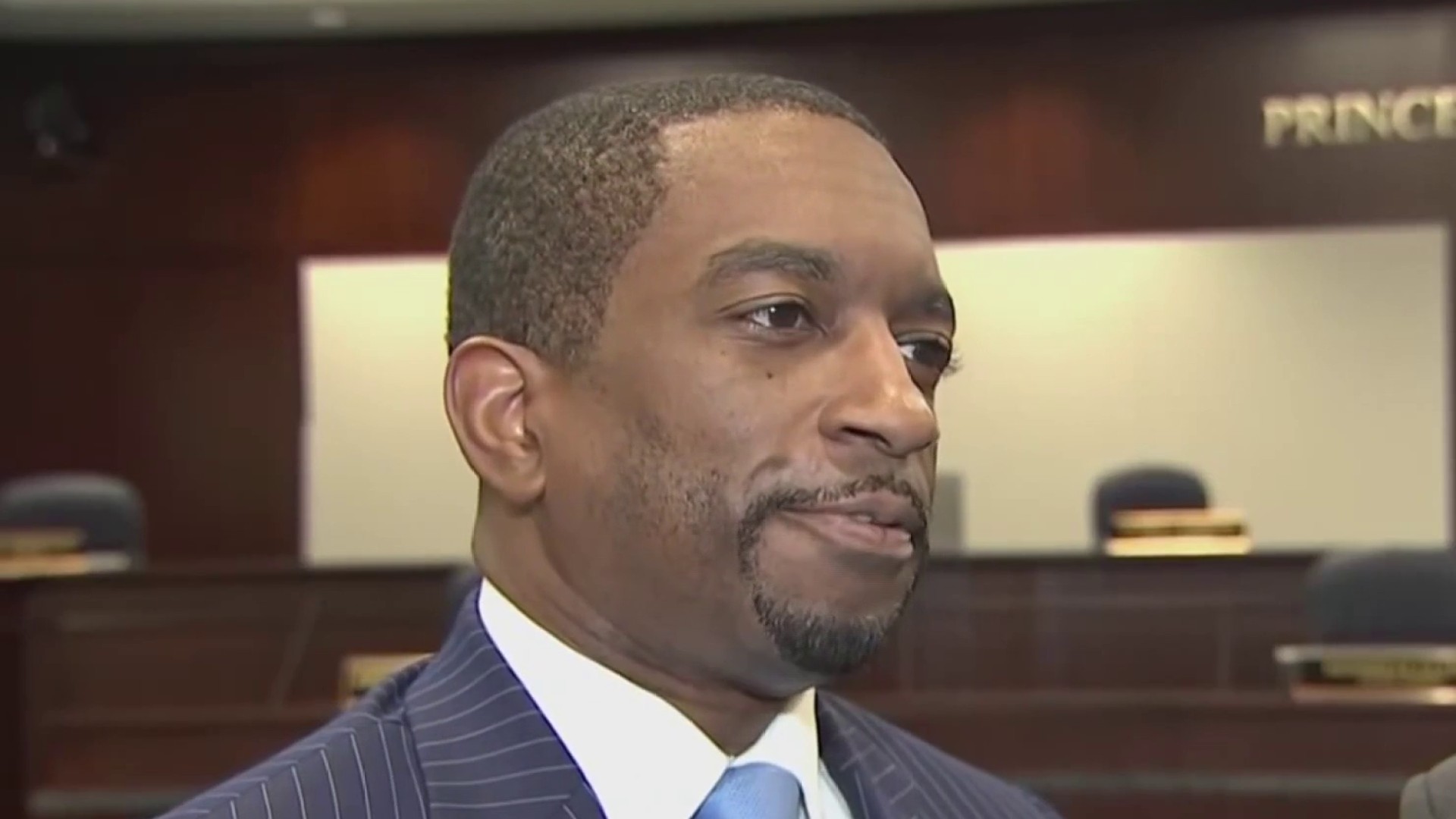Prince George’s County’s state’s attorney is calling for legislation requiring ghost guns to have serial numbers.
Maryland's state legislative session starts Wednesday, and crime is expected to be a major focus with crime rates increasing in Maryland's cities and suburbs.
"Unfortunately, we have seen a dramatic increase in crime all around the country and certainly in this region," Prince George’s County State’s Attorney Aisha Braveboy said.
Prince George's County's murder rate doubled last year. Braveboy says the proliferation of untraceable ghost guns is making prosecution tougher in some cases.
“We don't have regulations around the requirements for the manufacturers of the ghost guns," she said.
According to the state's attorney's office, in 2020, 167 cases involved ghost guns. That number increased to 209 last year.
Braveboy says she wants the guns, which can be made by kits and 3D printers, to have serial numbers that can be traced. That's not required now.
“We know that there are manufacturers out there, but right now they are operating within the law,” she said. “The law is insufficient to protect the public, and that's why we want to change the law."
Prince George's County
Prince George's County, Maryland, news updates, events and information
Braveboy's call for legislation around the weapons comes as Gov. Larry Hogan calls for refunding the police. While Prince George's County did not defund its law enforcement budget, it has experienced an increase in violent crime. The governor wants the state legislature to pass two bills that have failed before. He says they'll provide more funds to officers and hold criminals accountable.
"I think, you know, the police do a great job, but they need all the help they can get, which is why we are providing additional resources to the Prince George’s County police as well as the Baltimore City police and all local and state police across the state," Hogan said Monday.
Braveboy says funding police isn't all that's required.
“I think it's extremely important that the governor also look at funding state's attorney’s offices, because as enforcement increases, the number of cases increase," she said.



